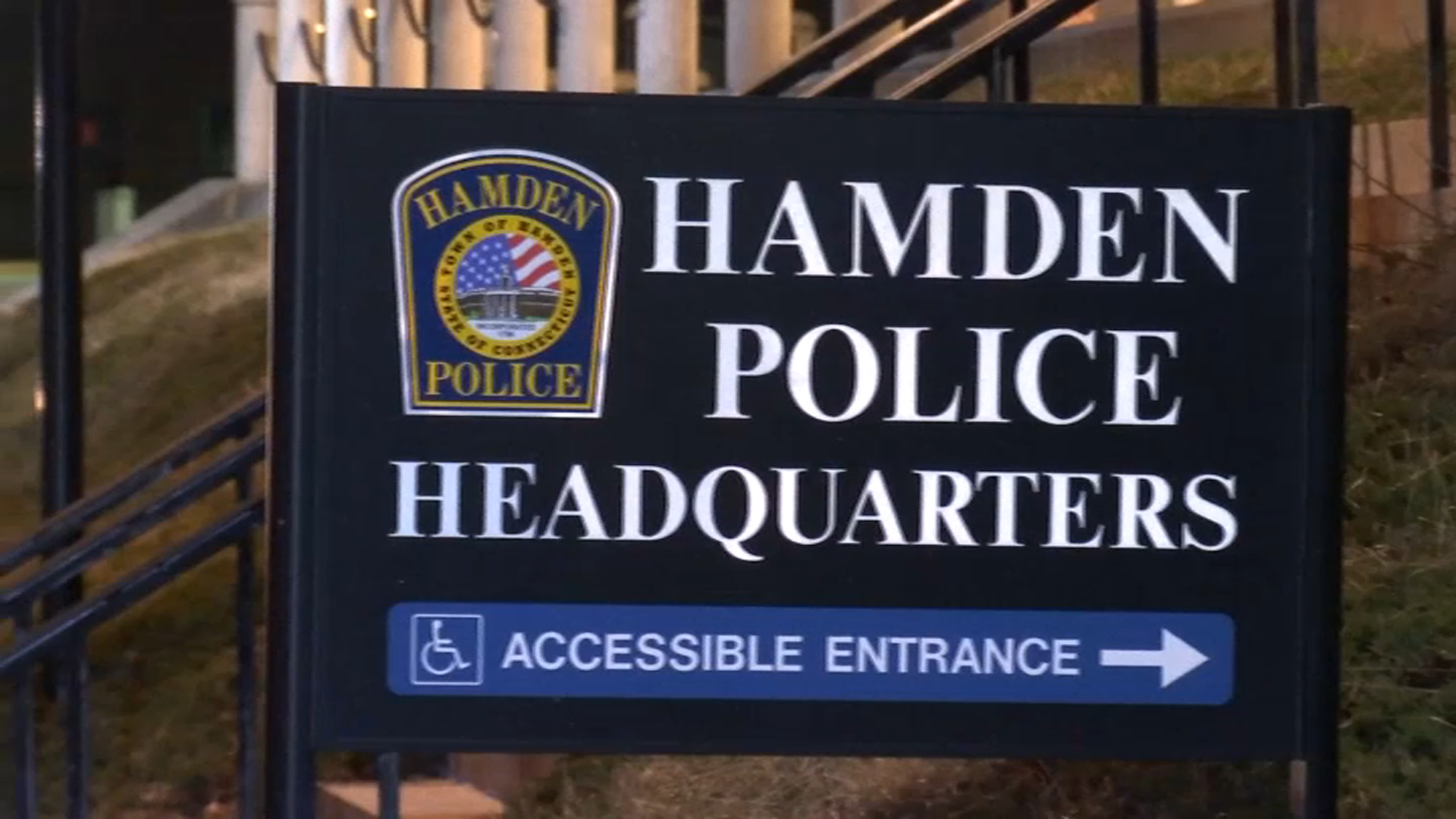The Chatham, Ledge Light and Uncas health districts, which cover parts of southeastern Connecticut, are lifting their recommendation to restrict outdoor activities after dusk due to the threat of Eastern Equine Encephalitis.
Health officials had advised residents to limit outdoor activities between dusk and dawn due to the risk of mosquito bite amid a record-breaking year for EEE.
EEE is rare, but can be deadly in humans. Three people in Connecticut have died this season after contracting EEE. The residents were from East Haddam, East Lyme and Old Lyme.
Another, a Colchester resident, was hospitalized.
The disease was detected in mosquitoes and animals in dozens of Connecticut towns, prompting communities to restrict activities and warn residents to take precautions against mosquito bites.
On Thursday, health officials said that while the threat of EEE transmission will not be completely gone until the state experiences a hard frost, the risk of human infection is extremely low at this point. It has been over a month since a mammal-biting mosquito infected with EEE has been found in southeastern Connecticut.
Health officials said residents should still take precautions against mosquito bites, including using insect repellent, wearing long sleeves and pants, and avoiding hiking or camping areas until the first hard frost.
Local
For more information about mosquito management and EEE, click here.



